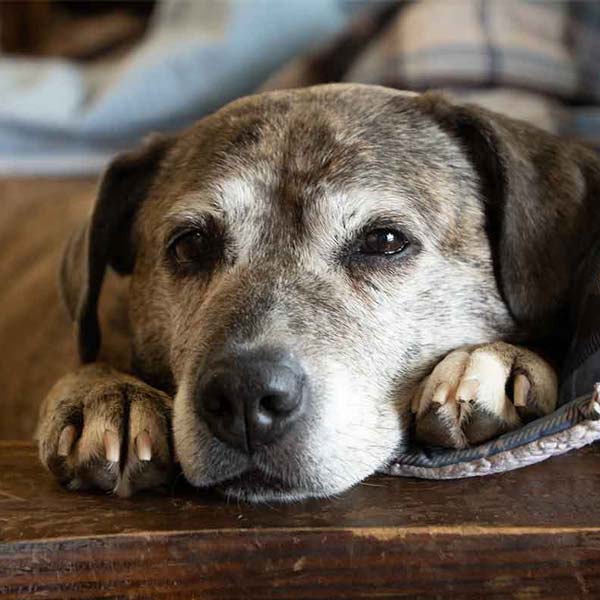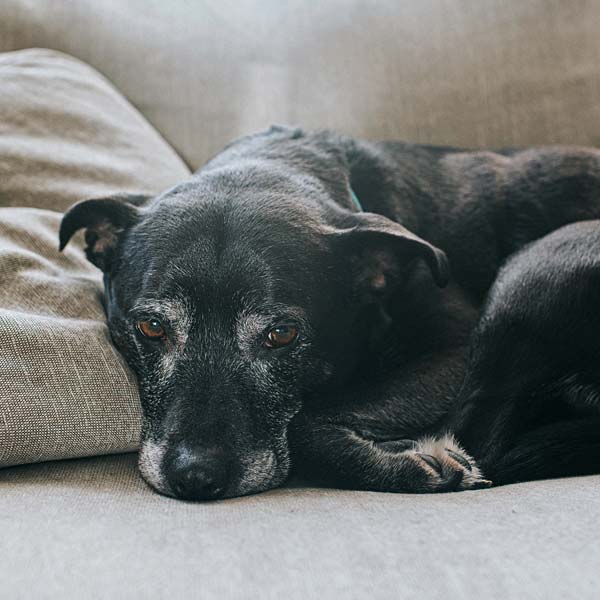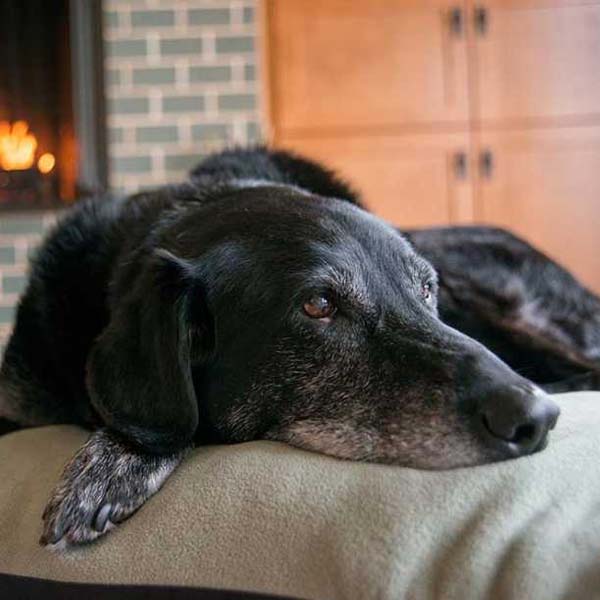As dogs age, their bodies undergo a multitude of changes. This can lead to various health issues, from joint pain to cognitive decline. Understanding these health problems is crucial for providing the best care possible for your aging furry friend. In this guide, we will discuss the most common health problems in older dogs and how to manage them effectively.

1. Joint pain and arthritis
Arthritis is a common issue in older dogs, which can cause joint pain, stiffness, and difficulty moving. It is essential to provide a comfortable bed for your dog and avoid any activities that might strain their joints. Providing joint supplements like glucosamine and chondroitin can also help reduce pain and inflammation. Regular exercise can also help keep their joints healthy.
2. Dental problems
Oral health is a critical aspect of your dog’s overall wellbeing. Dental problems like gum disease, tooth decay, and bad breath are common in older dogs. To prevent dental issues, ensure regular teeth cleaning and provide dental chews and toys. Feeding your dog dry food instead of wet food can also help reduce plaque buildup.

3. Cognitive decline
Older dogs can suffer from cognitive decline, which leads to a decline in memory, learning, and attention. Signs of cognitive decline include disorientation, difficulty following commands, and decreased interaction with family members. To manage cognitive decline, provide a mentally stimulating environment for your dog, including puzzle toys and interactive games. Regular exercise and a balanced diet can also help reduce the risk of cognitive decline.
4. Urinary problems
As dogs age, they may experience urinary problems like incontinence, urinary tract infections, and kidney disease. To prevent urinary problems, ensure your dog has regular access to water, and take them out for frequent bathroom breaks. If you notice any signs of a urinary problem, such as increased thirst or frequent urination, consult your veterinarian.
5. Obesity
Obesity is a common issue in older dogs, which can lead to various health problems like joint pain, diabetes, and heart disease. To prevent obesity, provide a balanced diet and regular exercise routine. Avoid overfeeding your dog and refrain from giving them table scraps and high-calorie treats.

In conclusion, understanding the most common health problems in older dogs is crucial for providing the best care possible. Regular visits to the veterinarian and a balanced diet, exercise routine, and a mentally stimulating environment can help manage and prevent these health issues. By following these tips, you can ensure your furry friend enjoys a happy and healthy life well into their senior years.